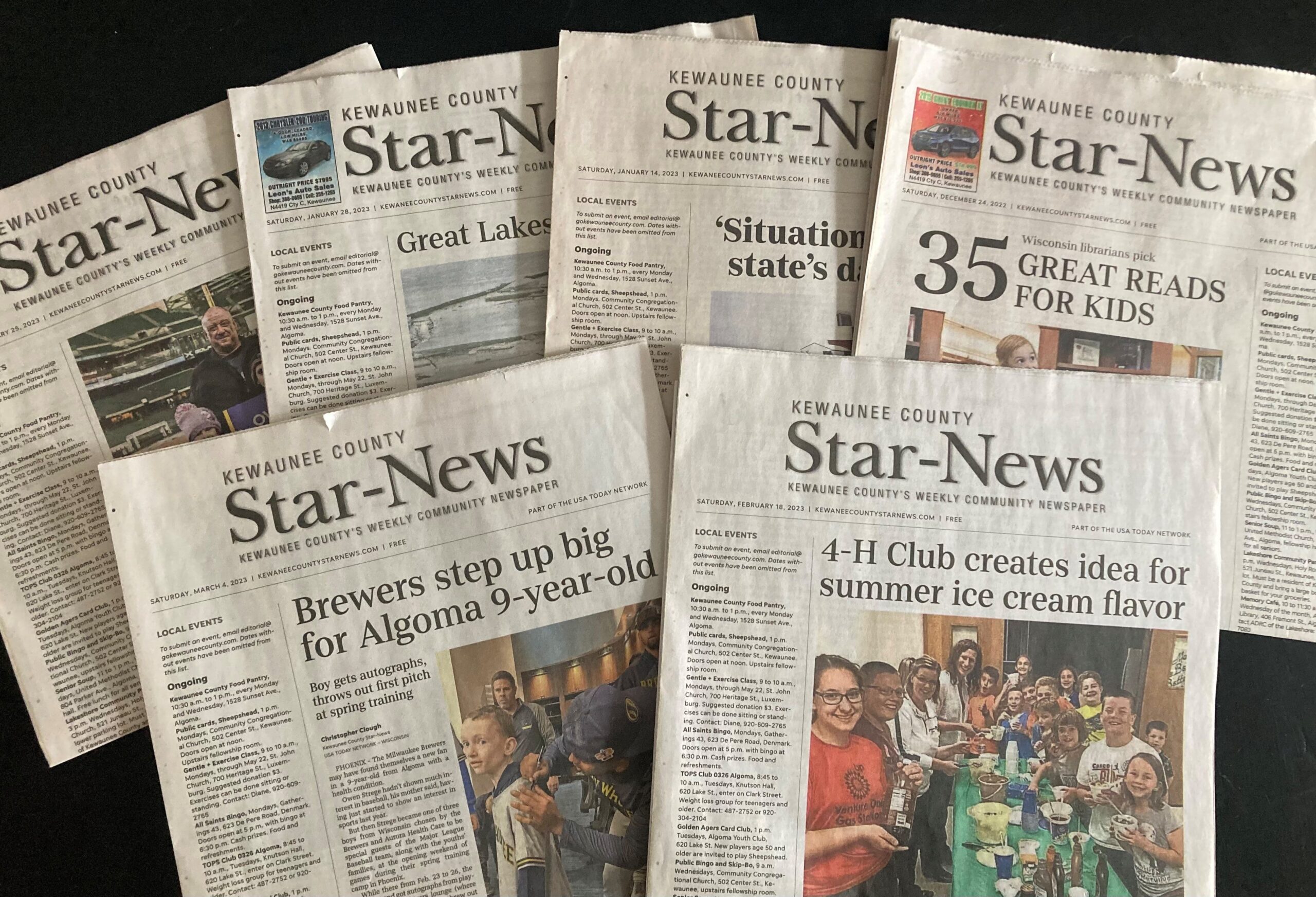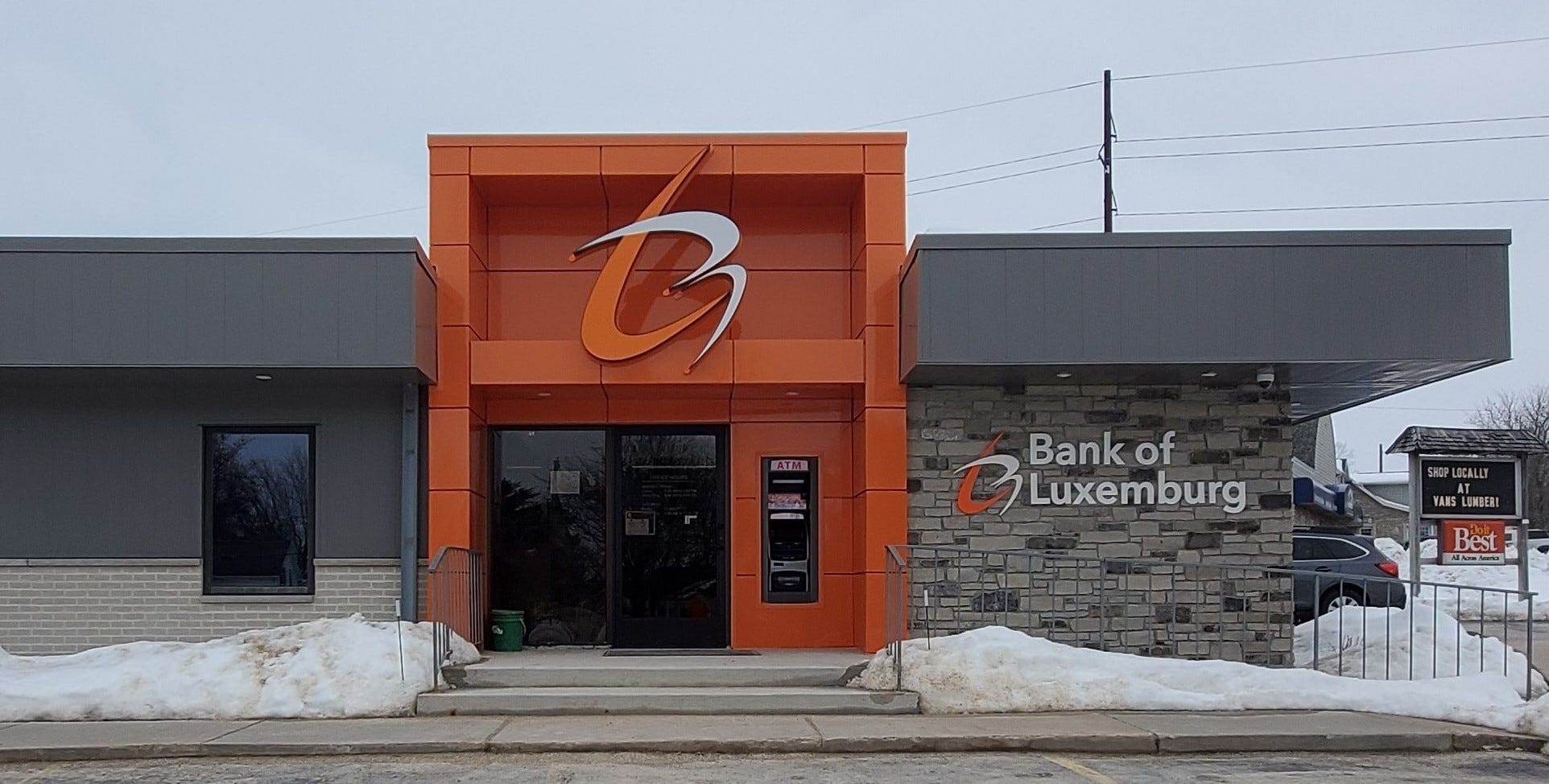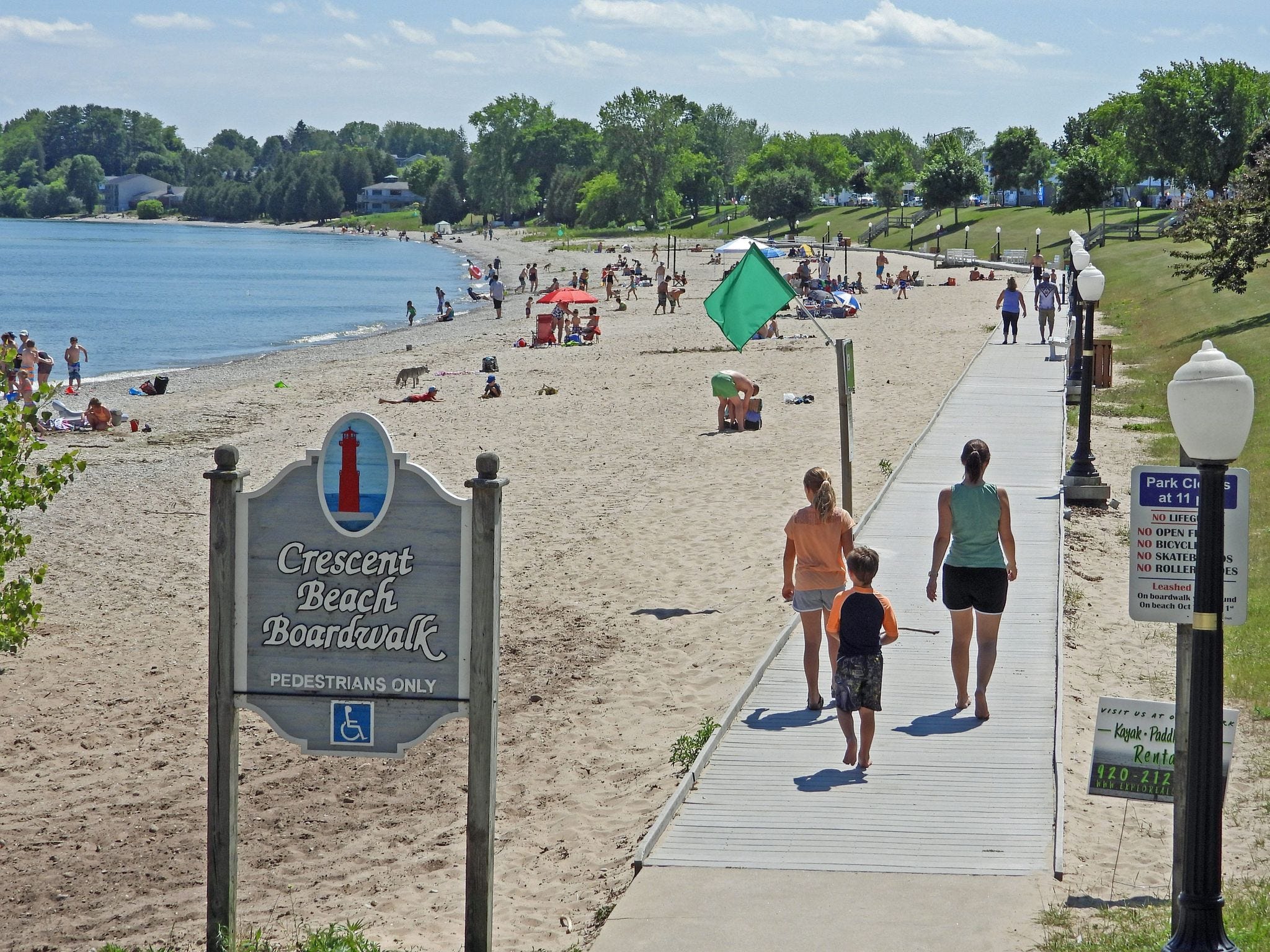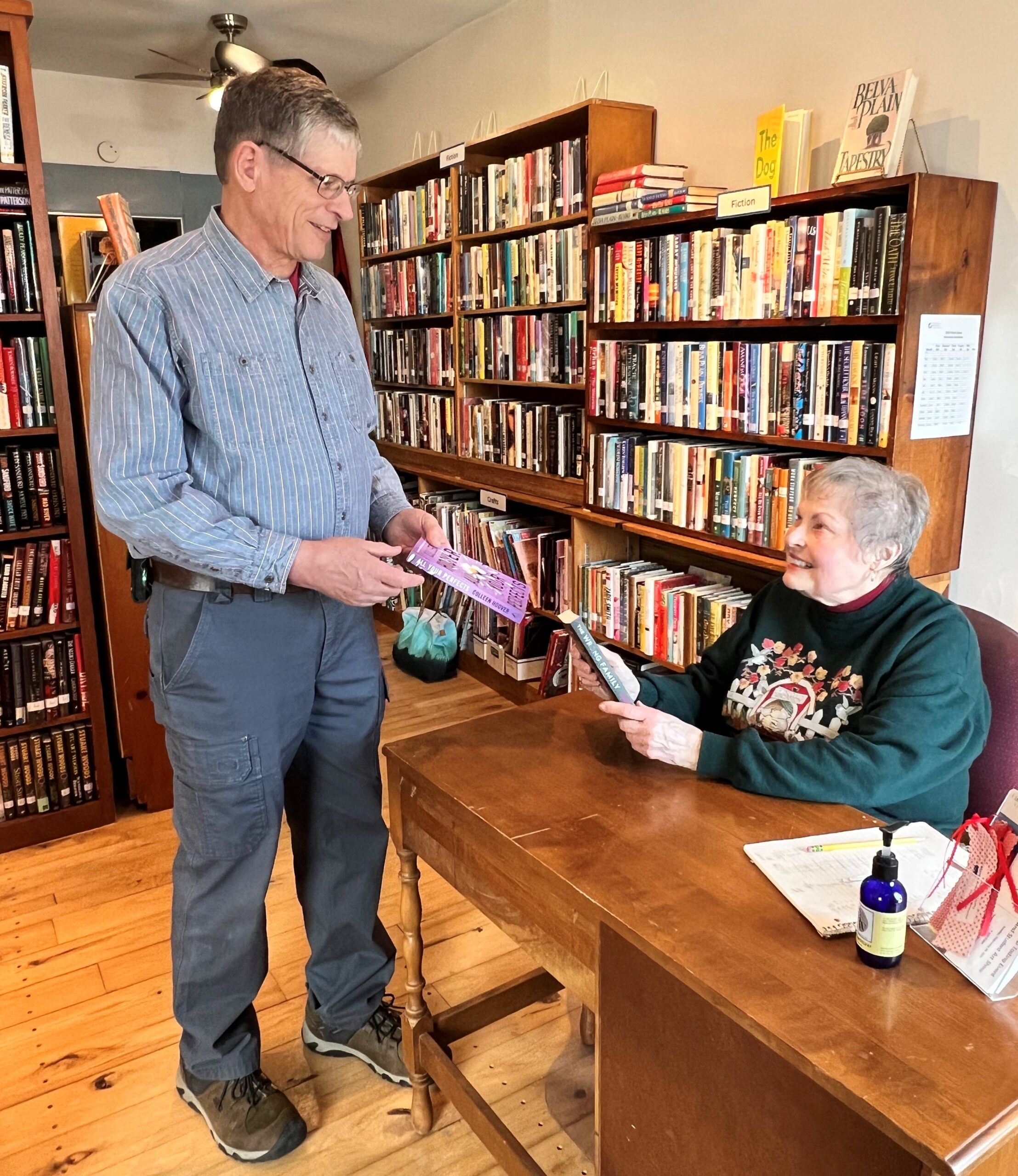Kewaunee County starts scientific well study

Kewaunee County government officials and residents may finally have the scientific data to determine how many wells in the county are contaminated.
Davina Bonness, county conservationist, reported at a Kewaunee County groundwater task force meeting Wednesday that she is coordinating a study of 420 wells in Kewaunee County based on their depth to bedrock. She is working with investigators from the United States Geological Survey, the U.S. Department of Agriculture, and the University of Wisconsin-Oshkosh and UW-Stevens Point.
The goal is to test 120-140 wells in three different depth-to-bedrock stratifications: 0-5 feet, 5-20 feet and greater than 20 feet. The total number of wells in the county is estimated to be 3,900 and the proposed sample size represents 11 percent of the wells in Kewaunee County, Boness said.

The reason for using a stratified random sampling design is to provide a more precise estimate of the countywide well contamination rate and to ensure that wells with different depths to bedrock are equally represented, according to Bonness.
The number of wells that are contaminated in the county has been a source of conflict among county officials, farmers, environmentalists and other residents. Voluntary testing of private wells has been conducted by the county each year for the last eleven years. The more recent tests have shown that approximately 30 percent of the voluntarily tested wells are contaminated with bacteria or excess nitrates.
Some officials contend that most of the contaminated wells are located in areas with fractured karst bedrock and shallow soils that allows cow manure spread on fields to seep into groundwater. While most environmentalists blame excess spreading of cow manure for the well contamination, other residents contend that the contamination is coming from septic systems and other pollutants.
Bonness said that letters were sent out to 563 homeowners with private wells last week who were randomly selected by computer asking them to participate in the well testing. She has already received more than 300 affirmative responses this week from the homeowners. Bottles and instructions for the well tests will be sent to the homeowners on Friday.
The actual well testing will be conducted on Nov. 13 and 14, Bonness said. Homeowners will bring their samples to the Kewaunee County Health Department, Luxemburg Land and Water Conservation office, or a site in Algoma, Bonness said.
A second sampling of all of the wells will be conducted in spring 2016. Bonness said the goal of the study is to sample on two dates, one during a period of groundwater recharge and one during a non-recharge period.
Testing of the samples will be conducted by the staff of the Environmental Research and Innovation Center at UW-Oshkosh and is primarily funded by a grant provided to the county from the Wisconsin Department of Natural Resources (DNR). The well samples will be analyzed for nitrate, total coliforms and E. coli.
The task force also reported on a bottled water survey completed by the DNR Short-Term Solutions work group to provide information on how many Kewaunee county residents were buying bottled water and the reasons for their purchase. Five DNR work groups have been meeting since August to address ground and surface water pollution in the county.
Of the 148 residents who responded to the survey, 58 percent of those with private wells said they bought bottled water. Of those who purchased water, 24 percent or 36 households said they purchased water because their well had tested unsafe and 14 percent or 21 respondents said they purchased water because they were concerned that their well was unsafe although it had not been tested.
Aerica Bjurstrom noted that the bottled water survey was not a scientific survey but could be used to help give the Short-Term Solutions group an idea of the need for bottled water in the county.
Addressing the need for clean water for residents with private wells, Nick Cochart, Algoma superintendent and a task force member, said that the school board had approved a proposal for the school district to work with Stonehouse Water Technologies of Milwaukee to provide a kiosk outside of the school where residents could obtain clean water.
He said that Stonehouse would be provided the kiosk for free and that attorneys for the school district had determined there would be no liability for the school district to provide clean water.
Cochart said that the school hoped to begin offering the water beginning Dec. 1. It would be provided in 1 to 3 gallon jugs. He said that residents would be issued a swipe card that would allow them access to the water and provide the school district a way to measure how much water is being used.
He said that residents who would like to use this free water service, could contact the school district at 920-487-7001.
Task force members said that they planned to look for a clean water fill-site in Luxemburg, perhaps at a school or municipal building.
This article originally appeared on Green Bay Press Gazette: Kewaunee County starts scientific well study






